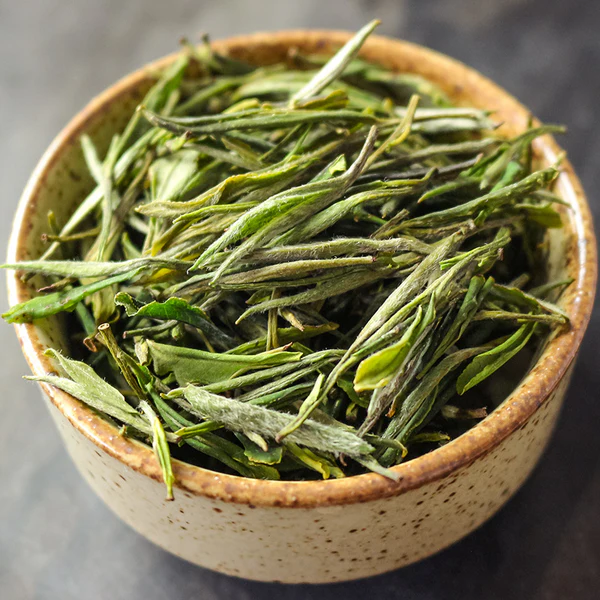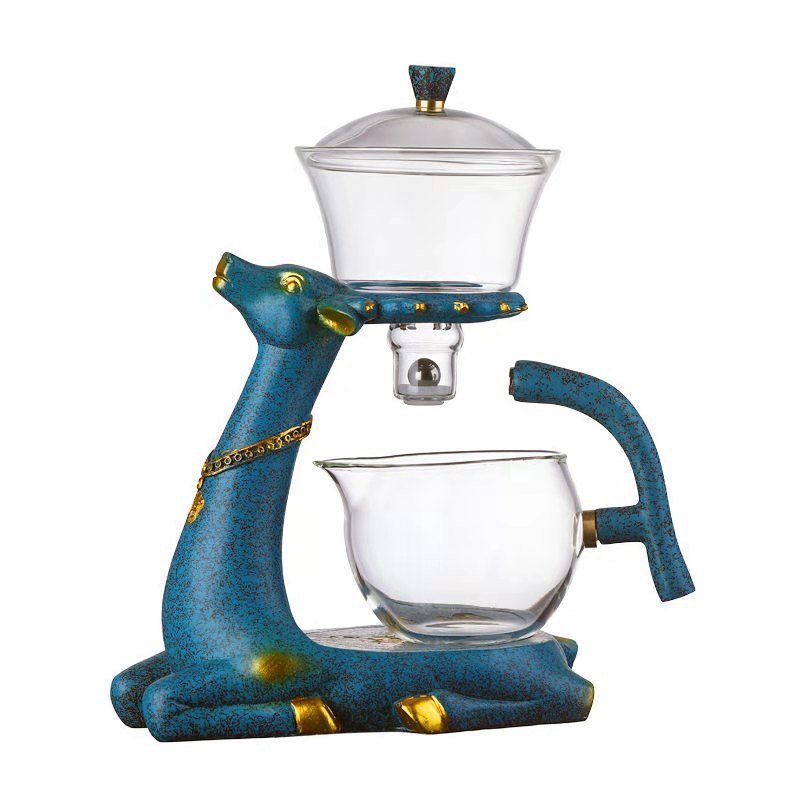
Does Tea Expire? How Long Does Tea Last?
Tea is a popular drink around the world, loved by many for its health and deliciousness. It is rich in caffeine, so whether you make tea in the morning or evening and drink it, it will help you relax and remove the day's fatigue from your body. Like any consumable, it can expire and lose its flavor and potency. This blog will give you details about the shelf life of tea, how to store it and more!
How Long Does Tea Last?
Generally, tea has a shelf life of about two years. After two years, although you can still drink it, it will lose its original fresh flavor and deliciousness. Of course, different types of tea have different expiry dates.

When Does Black Tea Expire?
Black tea is fully oxidized, which contributes to its intense flavor and longer shelf life. If stored properly, black tea can retain its quality for up to 2-3 years. Beyond that time, it begins to lose its flavor and aroma, but is still safe to consume.
When Does Green Tea Expire?
Compared to black tea, green tea has the least oxidizing effect and has a shorter shelf life. Typically, if stored properly, green tea can retain its quality for about 6 months to 1 year. After this time, it may lose its freshness and develop a stale flavor.
When Does Oolong Tea Expire?
Oolong tea falls between black and green tea in terms of oxidation. It generally has a shelf life of about 1-2 years. Proper storage can help maintain its unique, delicate flavor over a longer period of time.
When Does White Tea Expire?
White tea is the least processed of all teas, resulting in a shorter shelf life. It lasts about 6 months to 1 year, similar to green tea, but its subtle flavors can fade more quickly if not stored properly.
When Does Herbal Tea Expire?
Herbal teas are a mixture of various herbs, spices and flowers and can last for 1-2 years. However, depending on the specific ingredients used, the shelf life can vary greatly.
How To Know Your Tea Is Expired?
Loss of Aroma: Tea doesn't rot and spoil like food, but the first sign that it's expired is a diminished aroma. Fresh tea has a unique and special aroma, while expired tea tastes stale and moldy.
Color change: Expired tea usually changes color and becomes dull and stale, e.g. green tea turns from green to brown.
Flavor deterioration: Expired tea will obviously taste bland and stale, lacking the original freshness and rich flavor.

How To Store Tea Leaves?
Keep it airtight: Store the tea in airtight containers or ziplock bags to prevent it from being exposed to the air and reducing its windiness and aroma.
Avoid heat and light: Moisture is the enemy of tea. Make sure your storage area is dry and free of humidity. Using desiccant packets in tea containers can help absorb excess moisture.
Avoid Humidity: Humidity accelerates the deterioration of tea, so place desiccant packets in the containers where you store your tea.
Store separately: Store different teas separately to avoid cross-contamination of aromas.
What Can We Do With Expired Tea?
As a fertilizer: tea leaves are rich in nitrogen and other nutrients that enrich the soil. Expired tea leaves can be added to compost or sprinkled directly on the soil to encourage plant growth.
As an exfoliating scrub: expired loose tea leaves can be mixed with honey or yogurt to create a natural exfoliating scrub for the skin. The antioxidants in the tea may also help to nourish the skin.
As an odor absorber: Place dry expired tea bags in areas prone to odors, such as shoes, refrigerators or closets. Tea can help absorb and neutralize unpleasant odors.
As a surface cleaner: Brewed tea (even expired) can be used to clean glass surfaces, wooden furniture or floors. The tannins in tea can help break down dirt and grime, leaving surfaces shiny.
Conclusion
Overall, freshly brewed tea can provide you with a deliciously refreshing cup of enjoyment to remove the fatigue of the day. But it also needs to be properly preserved to cherish it. If you want to know more about tea and teapot, please go to our official website!
More resourse:
Different Types Of Tea - Tearora

2 comments
Muchas gracias. ?Como puedo iniciar sesion?
Muchas gracias. ?Como puedo iniciar sesion?